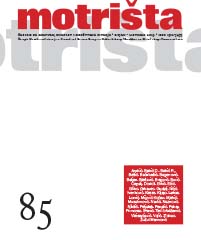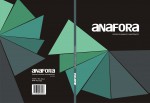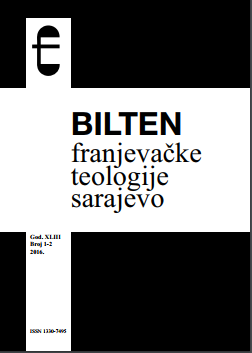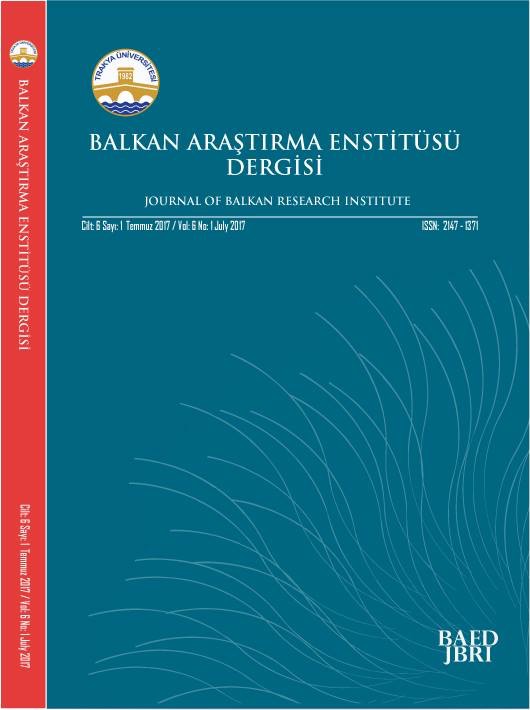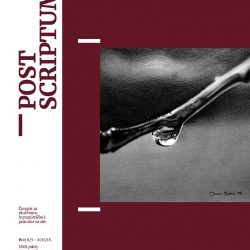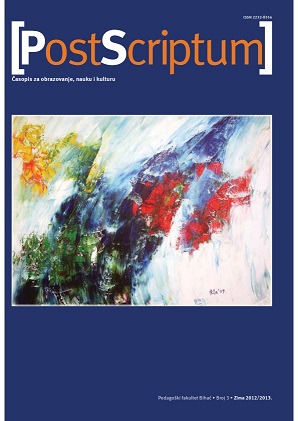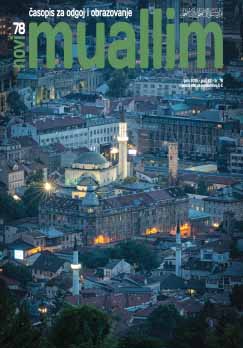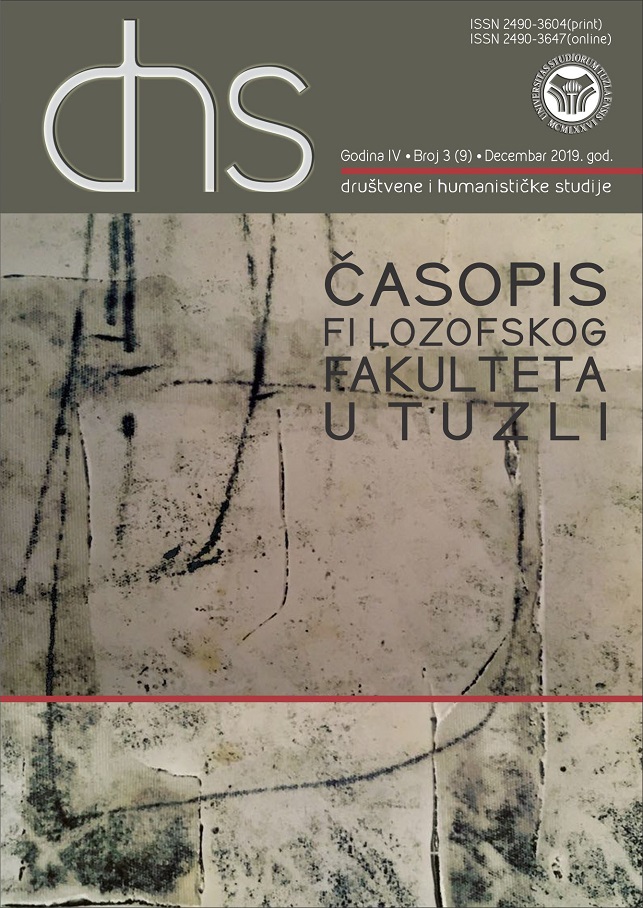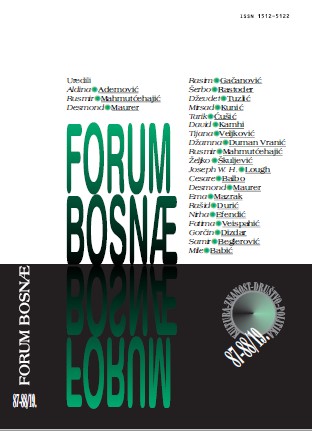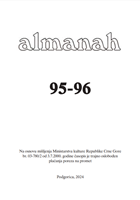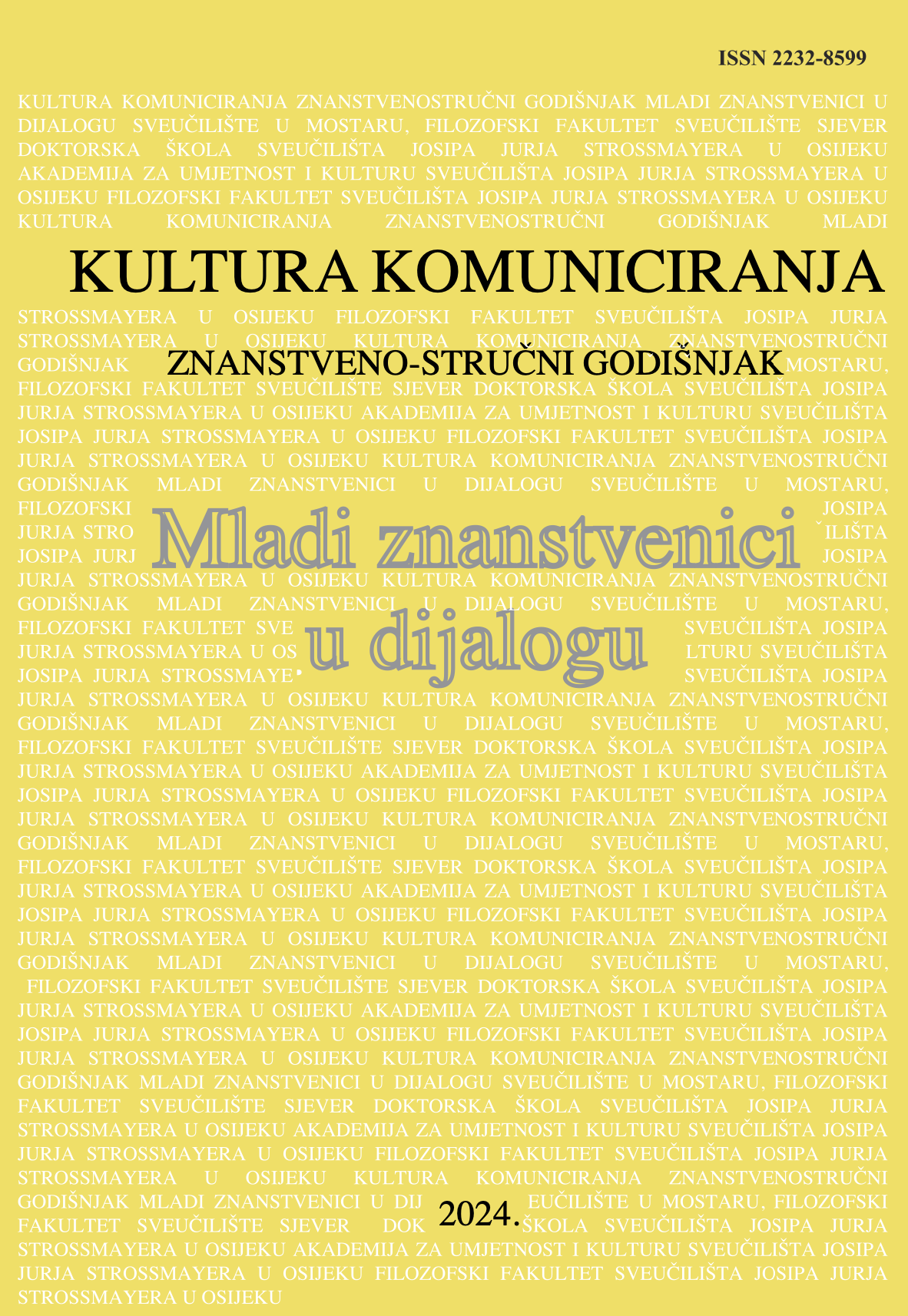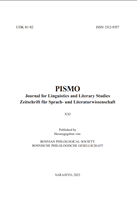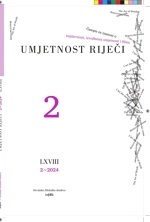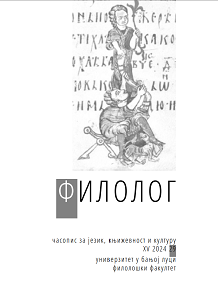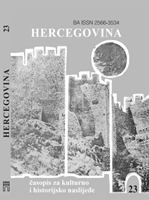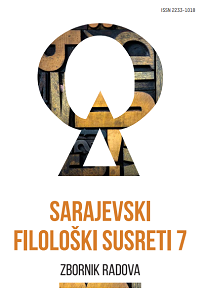Author(s): Zuvdija Hodžić / Language(s): Montenegrine
Issue: 95-96/2024
Husein Bašić bio je idejni tvorac, osnivač, prvi predsjednik i urednik Almanaha. Kao da smo se bili navikli da svome i svojemu počesto ne priznajemo vrijednost. Nijesmo znali da imamo Avda Međedovića, ali i da smo znali, nijesmo bili svjesni njegove veličine. Drugi su nam ga otkrili, drugi su nam rekli: „Imate Homera!“ Srećom, nije vrijeme što je prije bilo. Onima koji stižu na vrijeme, i vrijeme ide na ruku. A Husein Bašić je išao ispred vremena. Ohrabrio nas je i ojačao vjerom u sebe i sopstvene vrijednosti. Naučio nas da što više dajemo, više i imamo, da što smo više svoji, više pripadamo i drugima. Zahvaljujući njemu, njegovom djelovanju i djelu, svjesni smo da i sebi i drugima možemo reći: Nije Avdo Međedović ni sam ni samonikao. Uz njega je i Ćamil Sijarić, a evo im i još jednog jarana i druga, još jednog velikana – Huseina Bašića. I, hvala Bogu, to da imamo takvog velikana više nam ne moraju reći drugi, to je od drugih lijepo čuti i hvala im na tome, drago nam je što i drugi tako misle, ali nas najviše raduje što smo i kao kolektiv zreli da i sami znamo koga imamo. I drago nam je što će nas i po Bašićevom djelu prepoznavati, kao što nam je ono pomoglo i da nas kao narod priznaju i zovu imenom kojim se i zovemo; što smo stablo dubokog korijena i razgranate krošnje, kulture i duhovnog blaga, oslobođeni tuđe krivice i dugova, svoji na svome a ne na tuđem gnijezdu, narod koji dugo pamti a lako oprašta, koji više voli da trpi nepravdu nego da je drugome nanese.
More...
